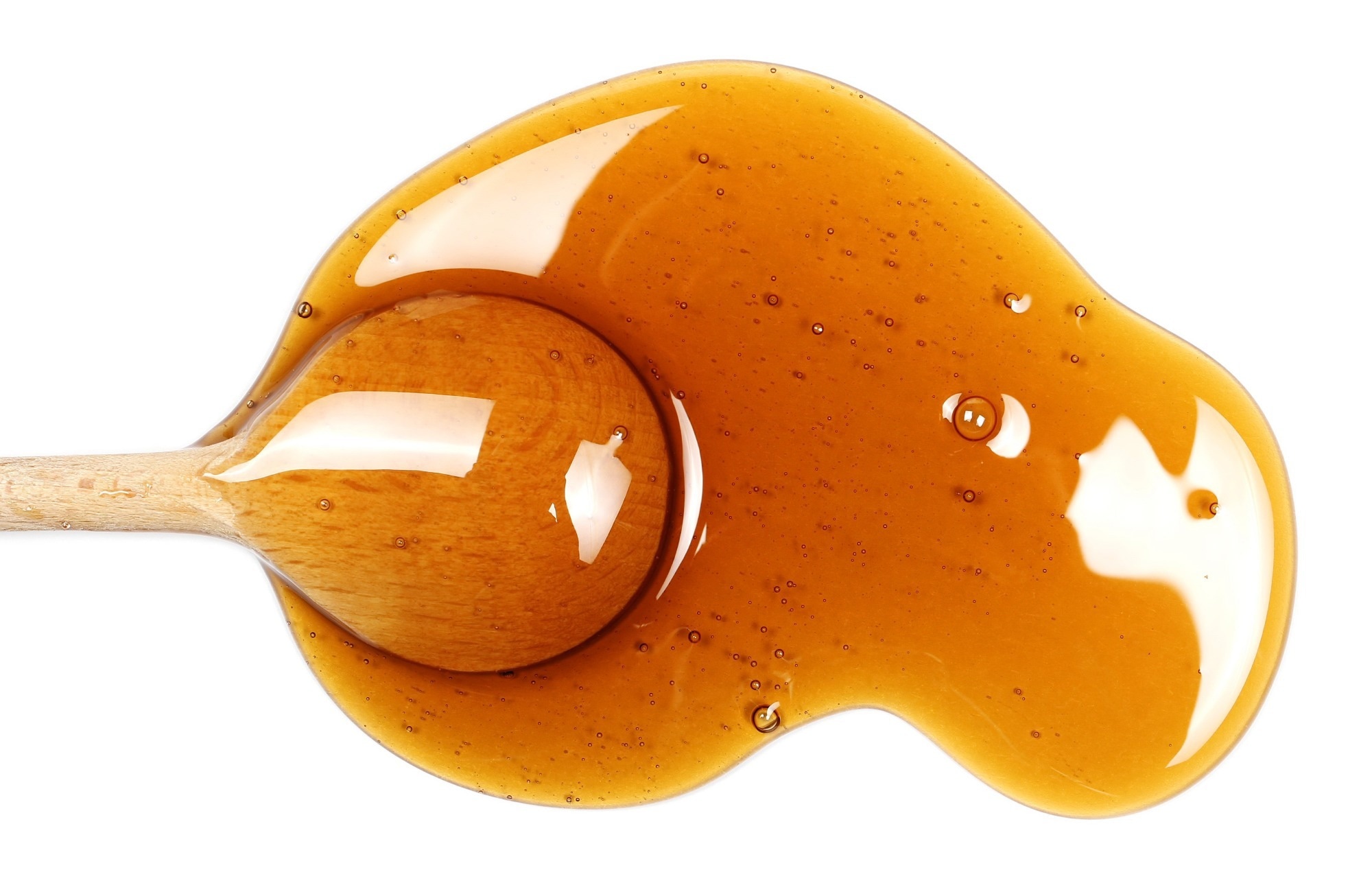Maple syrup is a natural sweetener that is widely used as an alternative option to avoid the use of refined sugar. Maple syrup has a significantly lower glycemic index than refined sugar and, thus, can be used to reduce the risk of diabetes, obesity, and other metabolic diseases.
Maple sap collected from sugar maple trees is boiled and concentrated to produce maple syrup. It contains a number of bioactive phenolic compounds, organic acids, amino acids, minerals and vitamins, phytohormones, and macronutrients (mainly carbohydrates). These compounds collectively enhance maple syrup's nutritional, pharmacological, and sensory properties.
 Nutritional, pharmacological, and sensory properties of maple syrup: A comprehensive review. Image Credit: xpixel / Shutterstock
Nutritional, pharmacological, and sensory properties of maple syrup: A comprehensive review. Image Credit: xpixel / Shutterstock
Nutritional properties of maple syrup
Maple syrup is a rich source of carbohydrates and, thus, provides a considerable portion of the average energy needs of the human body. Minerals (potassium, calcium, zinc, sodium, iron, and magnesium) and vitamins (niacin, thiamine, and riboflavin) present in maple syrup are essential for various biological processes, such as the synthesis of enzymes and hormones and maintenance of bone, muscle, heart, and brain functions.
Many animal studies have shown that maple syrup has hepatoprotective effects, including suppression of ammonia formation, regulation of lipogenesis and lipolysis, and reduction of aspartate aminotransferase (AST) and alanine aminotransferase (ALT) levels. Moreover, moderate maple syrup consumption has been found to control blood glucose levels in type 2 diabetic rats. A functional oligosaccharide maplebiose1 identified in maple syrup has been found to play a significant role in controlling blood sugar levels in diabetes.
Polyphenol-enriched maple syrup extracts have been found to prevent high-fat diet-induced metabolic changes in mine. Mechanistically, these extracts have been found to reduce blood levels of low-density lipoprotein (LDL)-cholesterol by increasing ketone body production from acetyl-CoA.
A number of comparative studies have shown that maple syrup has similar nutritional properties as other natural sweeteners (brown rice syrup, blue agave syrup, corn syrup, and natural honey). However, clinical trials in humans are needed to properly understand the nutritional and health benefits of maple syrup compared to other natural sweeteners.
Pharmacological properties of maple syrup
Glycosylated phenolics and aglycones are two groups of antioxidant compounds found in maple syrup. Ethyl acetate–soluble fractions of maple syrup have been found to have strong antioxidant properties.
Regarding antioxidative properties, studies have shown that maple syrup extracts inhibit lipopolysaccharide (LPS)-induced overproduction of nitric oxide, suppress H2O2-induced production of reactive oxygen species (ROS), and subsequently prevent oxidative DNA and protein damage.
Besides antioxidant properties, phenolic compounds present in maple syrup possess potent anti-inflammatory properties. Studies have shown that maple syrup-derived phenolic compounds can prevent inflammation by reducing the production of nitric oxide, nitrite, and prostaglandin-E2. Moreover, maple syrup extracts have been found to reduce the production of LPS-induced inflammatory biomarkers, including nitric oxide species, interleukin-6 (IL-6), and tumor necrosis factor-alpha (TNF-alpha).
Maple syrup-derived polyphenolic compound quebecol has been found to strongly suppress LPS-induced Nuclear Factor Kappa B (NF-κB) activation, leading to a reduction of inflammation.
The anticancer effects of maple syrup extracts have been studied in various cancer types, including prostate, lung, breast, and colorectal cancers. In this context, evidence indicates that maple syrup-derived phenolic compounds can significantly inhibit the proliferation of cancer cells by arresting the cell cycle, reducing AKT phosphorylation, or inhibiting expressions of tumor suppressor genes. Studies have also found that phenolic compounds of dark maple syrup have higher anti-proliferative efficacy than those of amber maple syrup.
In animal models of type 2 diabetes, phenolic-based maple syrup extracts have been found to inhibit porcine α-amylase and α-glucosidase enzymes, which are responsible for the digestion of carbohydrates and starches to glucose for intestinal absorption.
Many bioactive compounds present in maple syrup have neuroprotective activity and, thus, can prevent the pathogenesis of age-related neurodegenerative diseases, including amyotrophic lateral sclerosis (ALS). Maple syrup compounds have been found to exert anti-aging activities by reducing the formation of advanced glycation end products (AGEs).
Regarding Alzheimer's disease, evidence indicates that maple syrup extracts prevent the aggregation of β-amyloid (Aβ) and tau peptides, which are two pathological hallmarks of Alzheimer's disease.
Glycosylated and aglycone phenolic compounds derived from maple syrup extracts are known to have antimutagenic activity. Different phenolic compounds of maple syrup, such as gallic acid, catechol, catechaldehyde, syringaldehyde, vanillin, and 3-hydroxybenzoic acid, are known to have antimicrobial activities against Gram-negative bacteria.
Sensory properties of maple syrup
Organic acids, free amino acids, protein, and phenolic compounds of maple syrup are responsible for its sensory properties. Studies investigating sensory properties of maple syrup have shown that 5′‐inosine monophosphate is responsible for the taste of maple syrup; enolic viscous oil is responsible for syrup odor; vanillin, syringaldehyde, dihydroconiferyl alcohol, acetol, acetoin, ethyl vanillate, syringoyl methyl ketone, and methyl cyclopentenolone are responsible for syrup flavor.
These chemical compounds are responsible for the overall sensory characteristics of maple syrup and give maple syrup a unique character to distinguish it from other natural syrups.